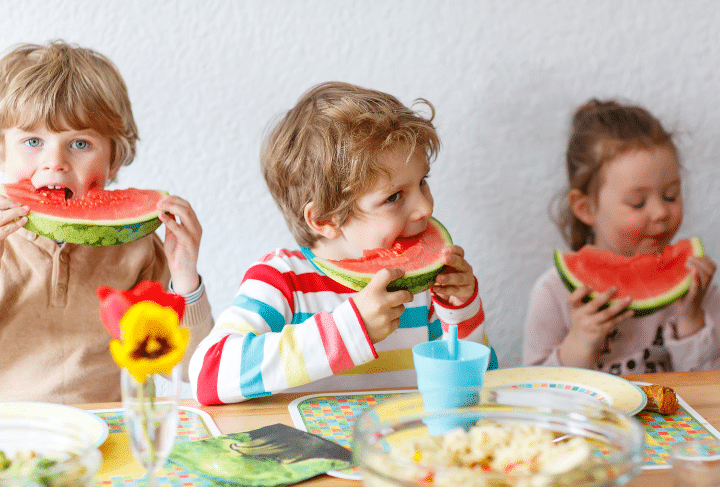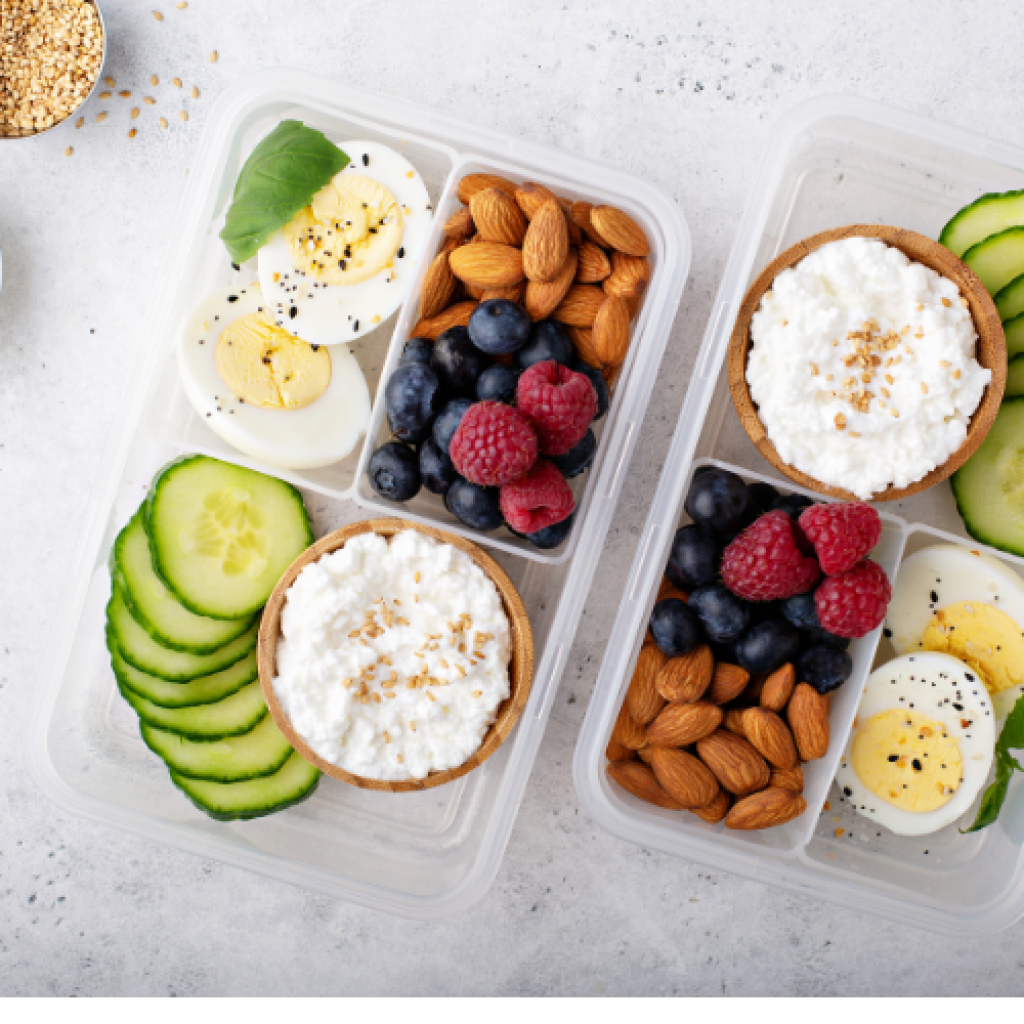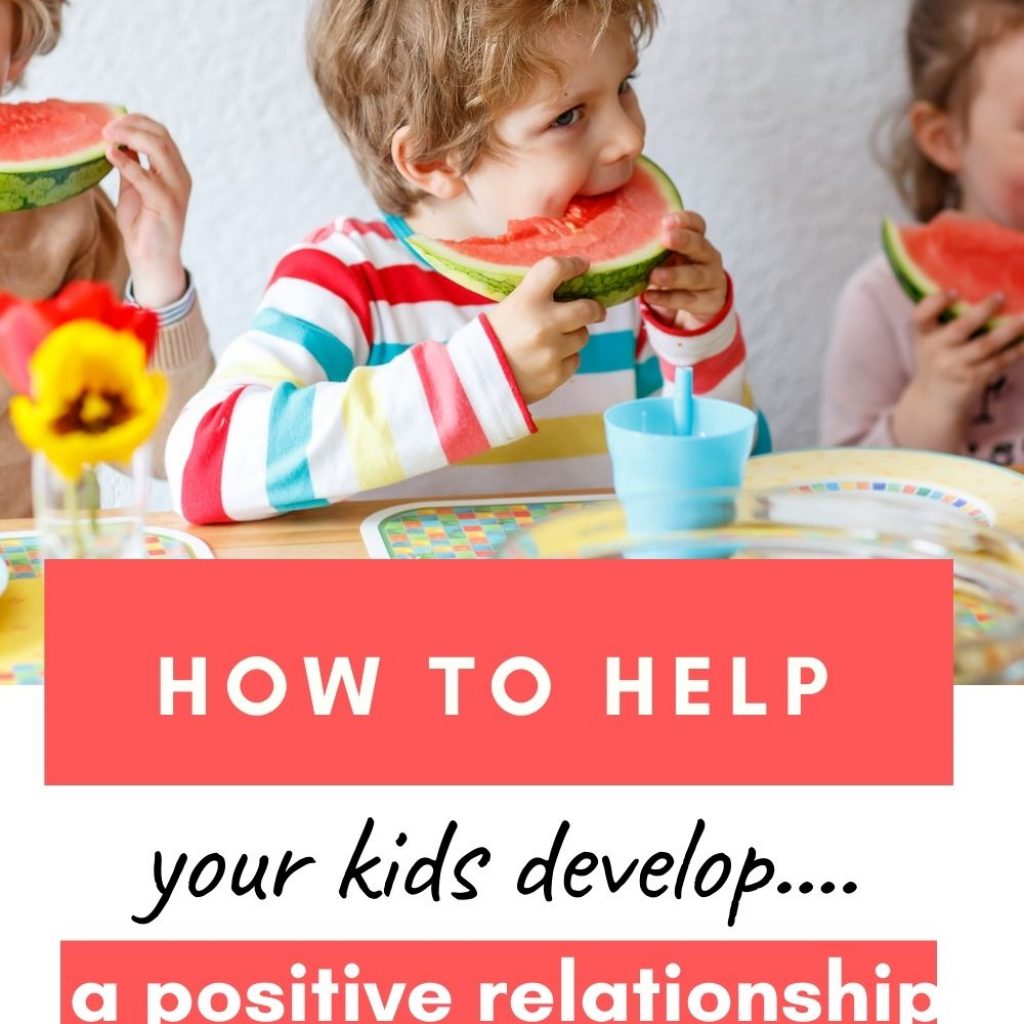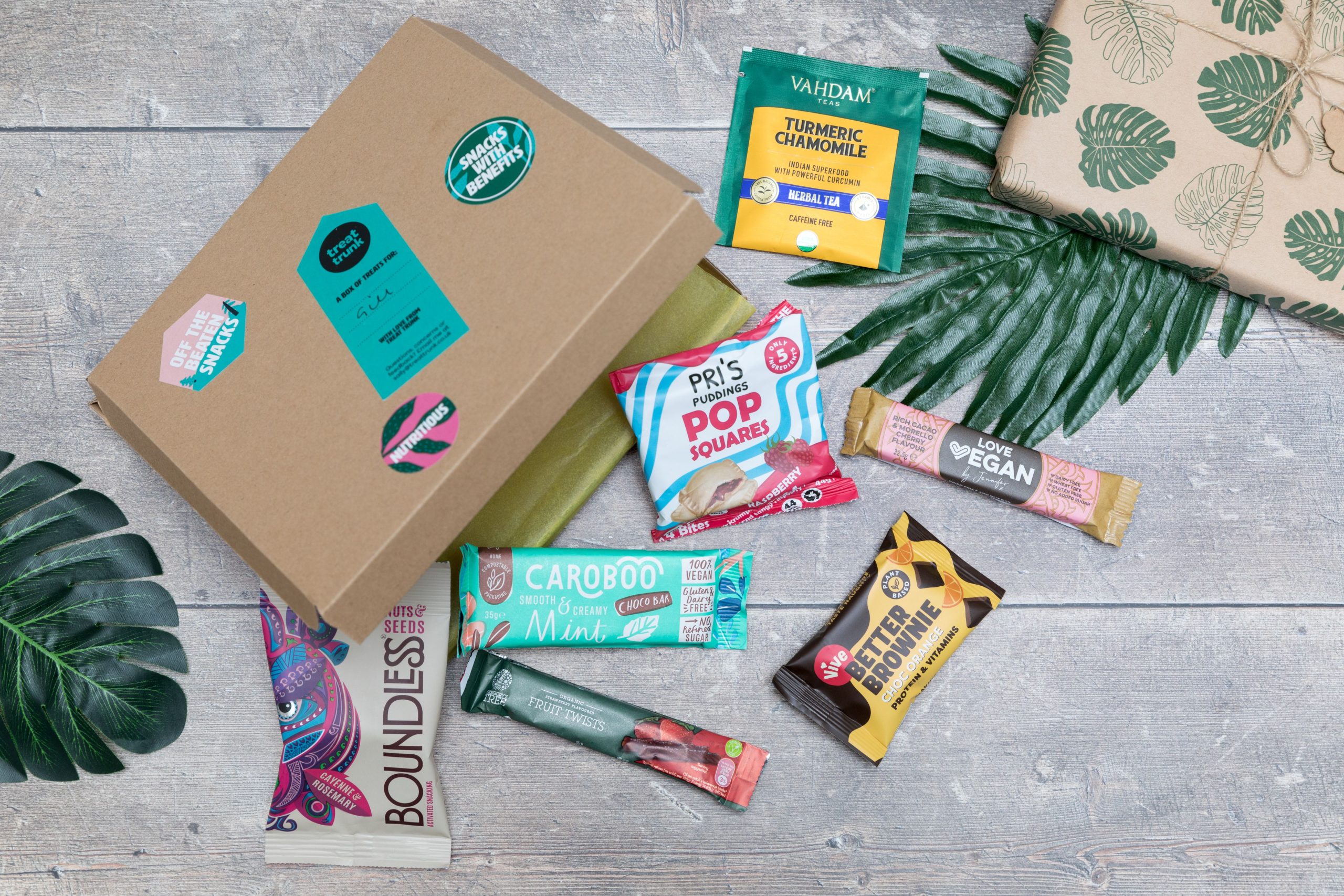
With rising numbers of people dealing with obesity both in England and globally, it’s very important to bring children up with a positive relationship to food and enjoyment of healthy cooking. Here, Hayley Baddiley from Denby takes us through some pointers for achieving this. It’s well known that kids can be fussy eaters. But with recent research from Imperial College London showing that one in five children in the UK now get 78% of their daily calories from processed food, it’s becoming more important than ever to instil a positive relationship with food in children. Young Minds has also said that healthy balanced diets can reduce anxiety in kids.
There are so many benefits to ensuring your child understands healthy balanced eating and enjoys cooking at home. However, don’t be too alarmed if your little one goes through a stage of fussy eating, as it is very common for children to go through a phase where they don’t want to try new foods. If it persists, as it can be a symptom of anxiety, it’s worth consulting your doctor to set your mind at ease. Whether your child is feeling anxious, or just going through a normal phase of picky eating, there are plenty of things that you can do to encourage healthy habits.
There is plenty of research showing that our diet impacts our wellbeing. Part of this is that serotonin, a neurotransmitter than helps us feel good, is primarily made in our gut. So, our food and mealtimes heavily influence the way we feel. It is especially important for children to have regular and consistenealtimes in order to better regulate their serotonin production. This also helps them get into a routine, which can often make anxious or picky eaters feel more comfortable coming to the dinner table, as the timetable is predictable and comforting. Regular mealtimes also aid digestion, contributing to good health.
Exploring healthy, tasty food with kids can be a great form of self-care and bonding for the family. It can also encourage kids to take care of their needs at an early age, influencing them into adulthood.
Cooking with children is one of the best ways to get them enthusiastic about healthy eating, and promote a positive relationship with food as they grow up. Understanding how the dishes are put together can make kids more comfortable trying new things, and they’ll also have a great basis for cooking for themselves when they’re older. It’s much more enticing for children to taste their own creations, and it makes for a great family activity in the evenings and at weekends.
A good start is often trying out recipes with your kids that they can recognise or have enjoyed before when you’ve cooked them. This can include things like salad, wraps, soup, and tomato sauce on pasta. They can have fun measuring out the ingredients, seasoning the dishes to their taste, and stirring to keep them cooking nicely. This is a great way to build their confidence around food, and as they get older, they might even want to try making recipes for family and friends.
Plus, one of the key drivers of rising obesity is processed food, and the more cooking skills your little ones build up, the less likely they are to buy those ready meals in the future.

If your kids are too young to do much cooking, or if you have less time available after a long work or school day, trying out interactive meals is a great way to make healthy food exciting.
Try out ideas like healthy pizza, where kids can put their own toppings on the base — just put out bowls of cut up veggies like peppers, along with any cheese or meats, and let children make their own to go in the oven. You can also try putting toppings on porridge and pancakes for breakfast, as well as letting children build their own wraps at lunchtime.
Turning mealtimes into an activity might be easier and quicker than you think, and allows picky eaters to gradually try a little bit of something new along with their favourite veggies too. Not to mention, it takes a little pressure off you, especially if you’re trying to accommodate different tastes with multiple children.
Make mealtimes creative so dinner is a fun event
Getting kids to sit still at the dining table can often feel like a battle, as they would much rather be running around and playing games. But, by finding a few ways to keep their attention, you can make mealtimes into nice occasions with the focus on the food you’ve created. This is particularly useful for younger children, who often find sitting still to be more of a challenge than older ones.
Telling your kids they’ll get superpowers from eating their greens can really get their attention at mealtimes! For example, some research carried out at Cornell found that kids ate 62% more carrots when they were told the carrots were “X-ray vision carrots”, and there are also lots of ways you can make food look interesting and appetising.
Making things colourful can go a long way to encouraging your kids to stay at the table and eat their veggies. Try presenting dishes on colourful plates, and experiment with buying your kids their own little dining sets so that they can feel there is something special for them at every mealtime. As a bonus, it might also make them more excited to set the table prior to meals!
Experiment with making the food look eye-catching too — porridge can have bananas, blueberries, and almonds arranged on the top to look like faces or characters. Red, green, and yellow peppers can be made into little rainbow designs, and you can even get creative and put fruit slices together to look like your child’s favourite animal.
The amount of advice about food, and how to encourage kids to have a balanced diet, can often seem confusing, but these tips are a good start to bringing out the chef in your little one. Involving children in their food, making mealtimes fun, and encouraging them to learn about cooking, can all do wonders towards them having a lasting positive relationship with healthy eating.


© Copyright 2025 Treat Trunk™️ | Web Design by Ribble Digital and jgreen3d